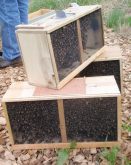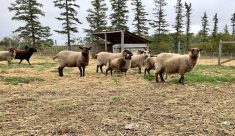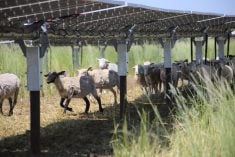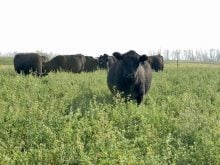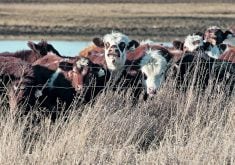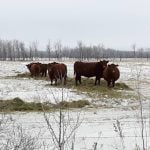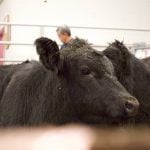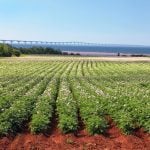In Joel Salatin’s ideal world, food production would be local, farms would be diversified, livestock would gambol on pastures and regulations would be… well, deregulated.
If you think Salatin wants to go back to the old manner of farming before large-scale commercial production took over, you could be right.
At least the old-fashioned model was sustainable and people fed kitchen scraps to their chickens instead of consuming fuel to truck household waste to distant landfills, he says.
That’s the sort of thing Salatin, an American holistic producer, lecturer and author, does on his own farm in the Shenandoah Valley of Virginia.
Read Also
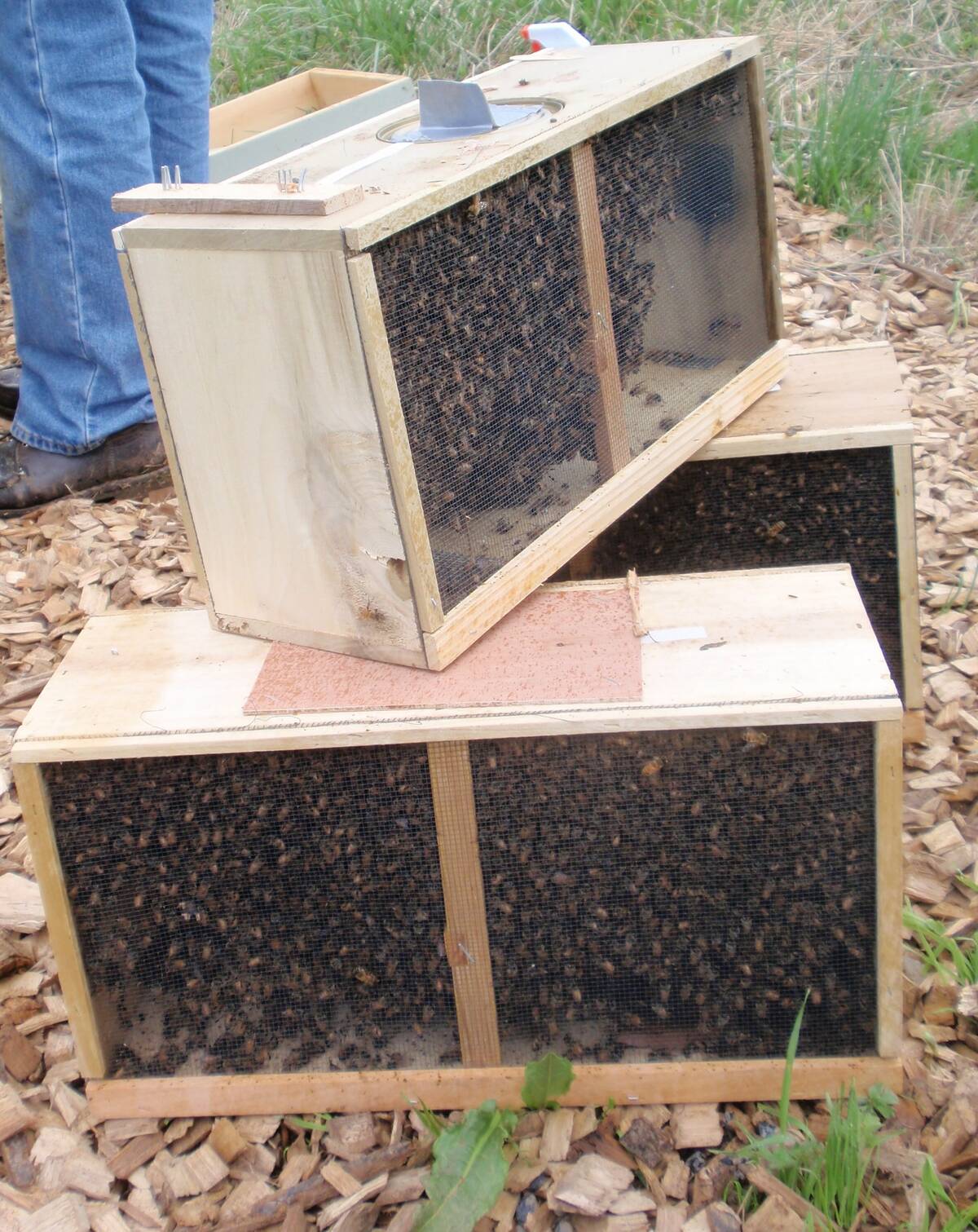
Canadian beekeepers call for regulatory accountability
Beekeepers say the Canadian Food Inspection Agency should restore U.S. packaged bee shipments, claiming the agency isn’t following evidence.
Salatin’s idea of farming involves putting animals on grass in a symbiotic, chemical-free environment. Cows move from one pasture to another, followed by chickens in portable coops to dig through the manure and eat protein-rich larvae, further fertilizing the fields in the process.
Salatin hates confinement-rearing operations, which he calls “fecal aromatically repugnant pathogen-ridden concentration camps” for animals.
He says livestock farms should be biological, not mechanical, and driven by a moral ethic to celebrate the “pigness of the pig.”
And don’t get him started on government agriculture agencies, which he thinks are staffed by “disconnected, compartmentalized, reductionist, fragmented, linear-thought” no-nothings.
Salatin, author of books includingEverything I Want to do is IllegalandThe Sheer Ecstasy of Being a Lunatic Farmer,brought his libertarian message to a recent “Growing Local” food conference in Winnipeg.
In an animated, two-hour presentation, Salatin spent much of his time railing against environmental and other government regulations which he said stifle entrepreneurship and create unhealthy food.
National food-safety regulations enforced by the “food police” make criminals of small on-farm processors who do not meet standards, he said.
Salatin called for “an indigenous traditional food pattern” with producers, processors, marketers, distributors and patrons working together for a sustainable locally based food system.
Salatin’s unconventional views were featured in Michael Pollan’s bookThe Omnivore’s DilemmaandFood, Inc.,the recent controversial film documentary on North America’s industrial food system.
His message resonated with at least one woman during a question period who complained that provincial food-processing standards are shutting down cottage industries.
———
Confinementsystemshecalls“fecalaromaticallyrepugnantpathogen-riddenconcentrationcamps.”


